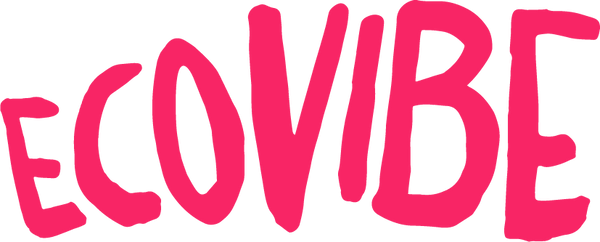Did you know that going vegan can reduce our individual carbon footprint by up to 73%? When trying to be more sustainable, reducing our meat and dairy intake can have the biggest impact on our planet.
This month, it’s World Vegan Month, so it seems like the perfect time to incorporate a more plant-based lifestyle. To help you along the way, here are some simple vegan swaps you can make.
1. Take a look in your makeup bag
A vegan lifestyle isn’t just about what we put in our bodies, but also what we put on them. As well as generating plastic, a lot of makeup and skincare products contain animal ingredients or have been tested on animals.
Non-vegan ingredients to look out for include stearic acid, carmine, and guanine which makes bronzers and eyeshadows sparkly.
If you’re put off by this there are a lot of vegan alternatives, including this range by Zao.
2. Supplement mincemeat for lentils
Popular minced meats, beef and lamb, have a huge environmental impact. As well as producing greenhouse gas, farming animals uses a lot of land and water. By comparison, lentils have a remarkably low impact, producing 40 times fewer carbon emissions than lamb.
Lentils are high in protein and fibre and low in fat- so they’re a healthy substitute for meat. They also contain vital vitamins and minerals including folate, iron, phosphorus, potassium, and fibre.
Use tinned, or pre-soaked lentils in place of mincemeat in recipes like lasagne, chilli-non-carne, and shepherd’s pie. We love the look of this recipe from A Virtual Vegan!
3. Consider vegan-friendly bathing
With winter upon us, there’s nothing nicer than a nice relaxing soak in the bath. Sadly, a lot of bath products still use ingredients that are derived from animals, and often the most unsavoury parts like their body fat, which is pretty grim to think about.
Why not relax guilt-free with a cruelty-free and vegan soak? The products themselves rarely differ, although we often find that they’re nicer, handmade, and smell divine!
Want to feel extra pampered? Our friends at Upcircle beauty have a range of skincare and pamper products that reuse natural ingredients such as used coffee beans and brewed chai spices. They even offer a return and refill service on their site so non of your empties go to waste.
4. Use herbs and spices to add flavour to your meat-free meals
For the meat-eaters among us, vegan food can get a bad rep for being bland and unexciting.
Using fresh herbs and spices can be a fantastic way to add extra nutrients and a lot of extra taste. However, herbs in most supermarkets tend to be wrapped in plastic, go off quickly, and can be expensive if you’re buying different herbs for each recipe.
Consider buying bulk herbs and freezing them for later, or growing your own so that you can pick what you require.
If you aren’t a plastic-free household but are looking for ways to reuse plastic bottles and are short on space, a bottle farm can be a great way to grow fresh kitchen plants.
5. Buy cruelty-free cleaning products without the toxins
It may seem strange to think of cleaning products as vegan and non-vegan but a lot contain ingredients derived from animals. These include tallow, derived from marrow fat, which is used in soaps and the bristles from washing up brushes that use animal hair.
A lot of vegan cleaning products are also plastic-free, recyclable and biodegradable, and don’t contain harmful toxins that can impact your breathing, especially if you’re asthmatic.
Whether you need to wash dishes, put the bins out, or make your loo smell fresh you can explore our range of vegan cleaning products here.
At EcoVibe we believe that making small, manageable changes can have a big impact on the planet. That’s why we hope you consider making some vegan swaps to your lifestyle now and in the future, even if you’d rather not go vegan full time!
We’d love to know in the comments below what vegan swaps you’d suggest to anyone wanting to have a more plant-based lifestyle this World Vegan Month and beyond.





